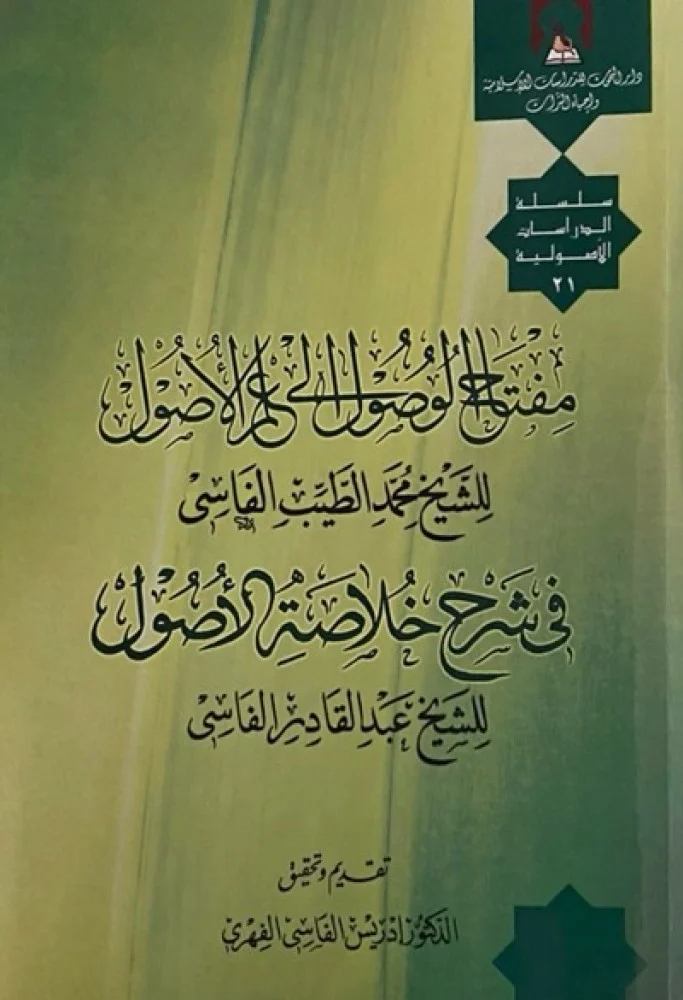UṢUL AL-FIQH
Khulāṣat al-Uṣūl of
Shaykh Abdelqādir al-Fāsī
Khulāṣat al-Uṣūl (“The Summary of Legal Principles”) is a concise and structured manual in the science of uṣūl al-fiqh—the foundational principles and methodologies used to derive Islamic legal rulings. Authored by the Moroccan scholar ʿAbd al-Qādir ibn Aḥmad al-Fāsī (d. 1091 AH / 1680 CE), a leading figure of the Fāsī scholarly tradition and the wider North African Mālikī school, this text distills complex uṣūlī concepts into a clear, digestible format aimed at students and aspiring jurists.
The text provides an overview of the main components of uṣūl al-fiqh, including:
– The sources of Islamic law: the Qur’an, Sunnah, ijmāʿ (consensus), and qiyās (analogical reasoning)
– The nature and classification of legal rulings (aḥkām)
– The language and implications of legal texts
– The conditions of ijtihād (independent reasoning) and the qualifications of the mujtahid
– The role of custom, public interest (maṣlaḥah), and other secondary sources
Khulāṣat al-Uṣūl is particularly appreciated for its systematic approach and its ability to convey the core logic and reasoning behind Islamic law without excessive technical detail. It reflects the later Mālikī tradition’s emphasis on clarity, pedagogy, and the practical application of legal principles.
In summary, Khulāṣat al-Uṣūl is a valuable primer in the science of Islamic legal theory, offering students a firm grounding in the intellectual tools needed for understanding how Islamic rulings are developed and justified. It continues to be studied in traditional seminaries (madāris) across the Maghrib and beyond.
Consists of 19 classes.
The course was taught by Shaykh Zuhayr Qazzān in 2023.

